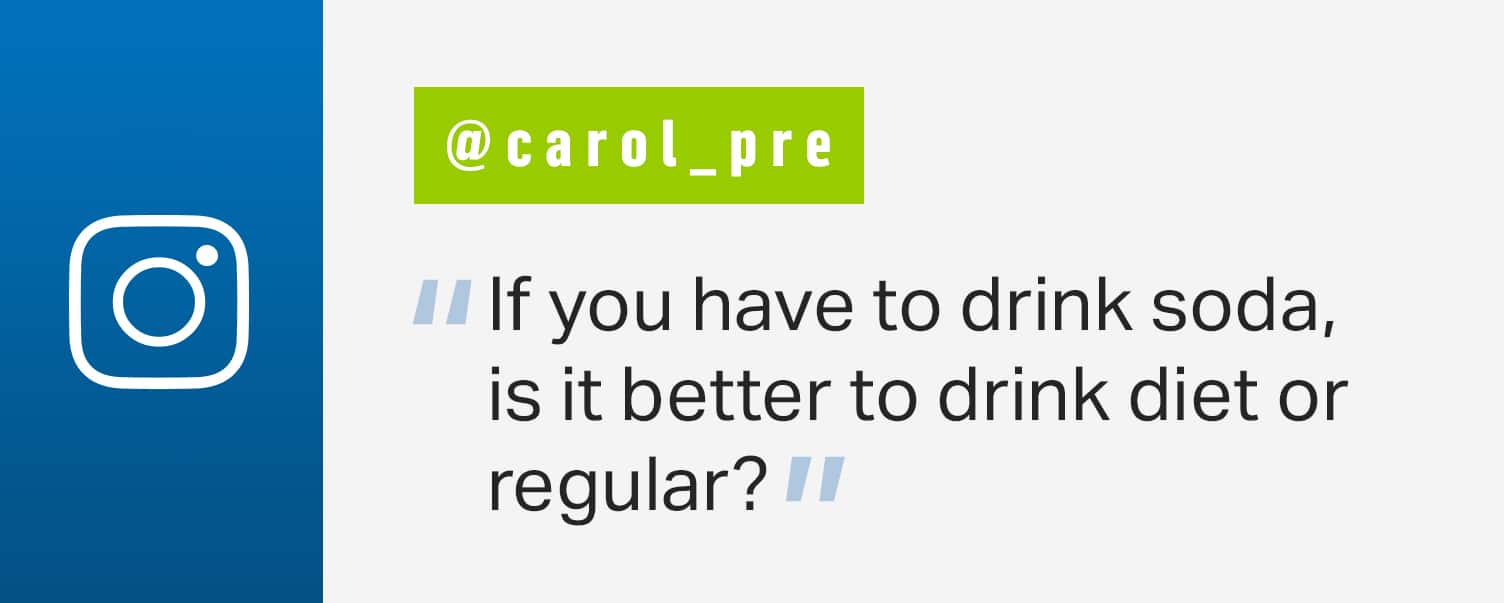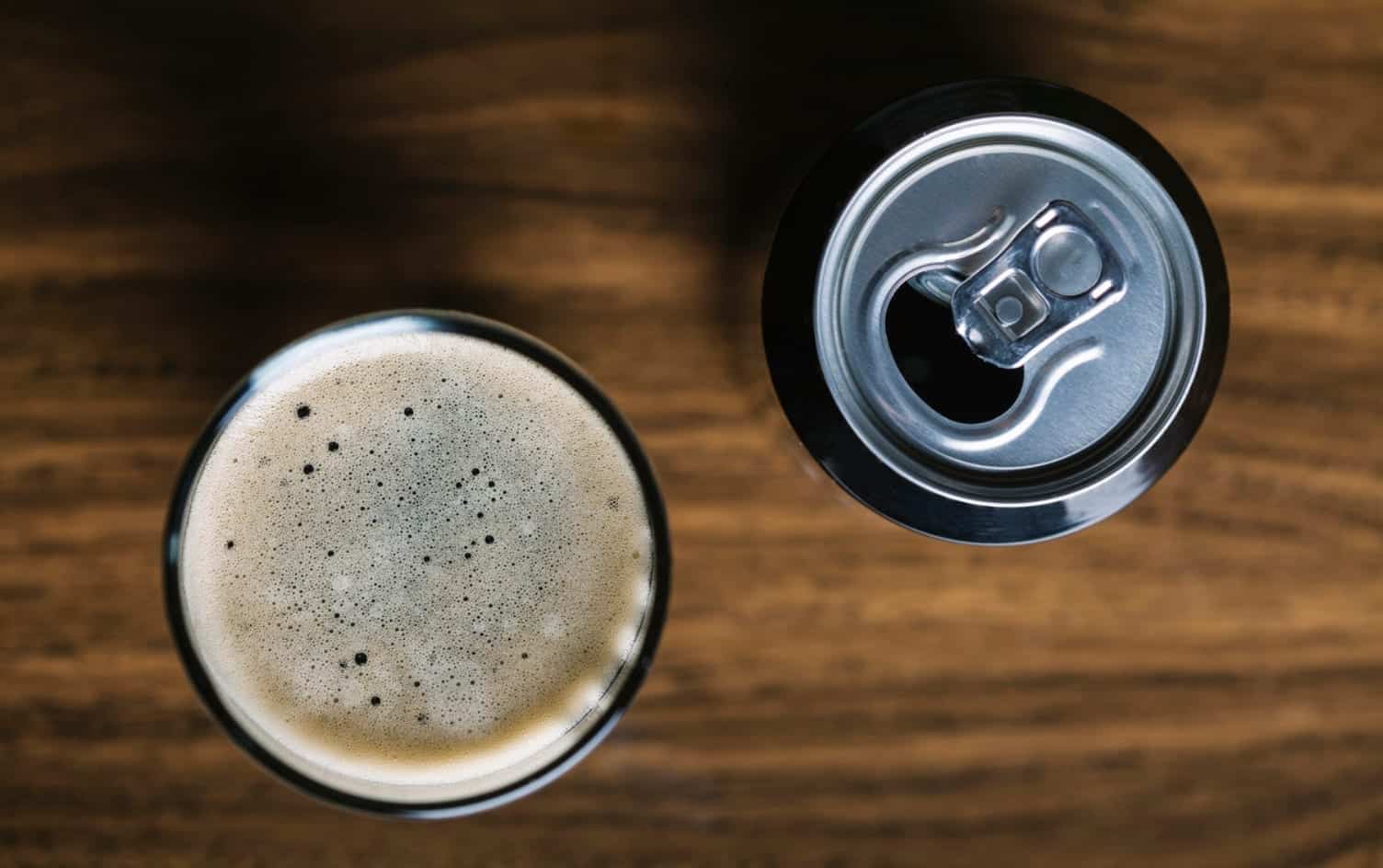

Every now and then a regular or diet soda can be an enjoyable part of a well-balanced diet that doesn’t put anything off limits. But regular soda often gets a bad rap for its added sugar content, while diet soda has health risks due to artificial sugars, so it can be confusing to decide between the two. Here, a deeper look at why sugar in both types matters and why moderation is truly key.
THE PROBLEM WITH ADDED SUGAR
Added sugar consumption has increased steadily over the past several decades, and although the current recommendation is no more than 9.5 teaspoons per day, the average American consumes approximately 22 teaspoons of added sugars daily — more than twice the recommended amount. The most common source of these added sugars is regular soda. While highly active people (like endurance athletes) can benefit from simple sugars as fuel for training, I discourage consuming sugar-sweetened beverages since they are void of nutrients and contribute to health risks.
THE HEALTH RISKS WITH REGULAR SODA
A recent study in the journal Circulation found a higher intake (two or more per day) of sugar-sweetened beverages was associated with an increased risk of hypertension, Type 2 diabetes, coronary heart disease and stroke. What’s more, high intake of these beverages was also associated with an increased risk in mortality related to these diseases.
Another recent study found a higher consumption of sugar-sweetened beverages (soda and juice) was associated with an increased overall risk of cancer and breast cancer. A confirmed mechanism that leads to elevated risk remains to be found, but may be due in part to an increase in visceral fat stores that may promote tumor growth.
Still, it’s important to point out that in each of these studies, correlation does not equal causation. Sugar-sweetened beverages do not cause these diseases, but high consumption has been shown to increase risk and is likely not the only risk factor coming into play.
THE HEALTH RISKS WITH DIET SODA
When it comes to diet soda, the research is mixed. Recently, the effect of artificial sweeteners on gut bacteria has come into question, as well as the role this may play in the development of chronic disease — especially diabetes and increased insulin resistance. In animal studies, saccharin, sucralose and stevia have been found to shift the gut microbiota composition unfavorably, but long-term human studies are necessary to determine how this may affect health over time.
Other studies find no association with artificially sweetened beverages and diabetes risk. Research on cardiovascular risk is also mixed, with one study finding a positive association between the intake of two or more artificially sweetened beverages per day and the incidence of ischemic stroke, coronary heart disease and all-cause mortality in post-menopausal women. Another comprehensive review on research focusing on the popular artificial sweetener aspartame found no credible evidence that it, even when consumed in higher doses, is cancer-causing.
However, there is other evidence linking artificially sweetened beverages to more cravings for sweets and an increase in overall calorie intake. An interesting study on fruit flies found artificial sweeteners may affect the area in the brain that senses sweetness of foods and its energy content. Since artificial sweeteners do not contain calories, they may confuse the brain and increase the urge to eat more to match calorie consumption to perceived sweetness.
THE BOTTOM LINE
In moderation, it’s OK to drink regular or diet soda — the biggest commonality in all of these research studies is that in order to experience potential negative health effects, large amounts of either beverage have to be consumed on a regular basis. If you find yourself having two or more diet or regular sodas per day, try scaling back and choosing other options like sparkling or regular water with fresh fruit, or unsweetened iced tea with lemon. After all, we know the benefits of adequate hydration with water for overall health. An added antioxidant punch via seasonal fruits and herbs doesn’t hurt either.




